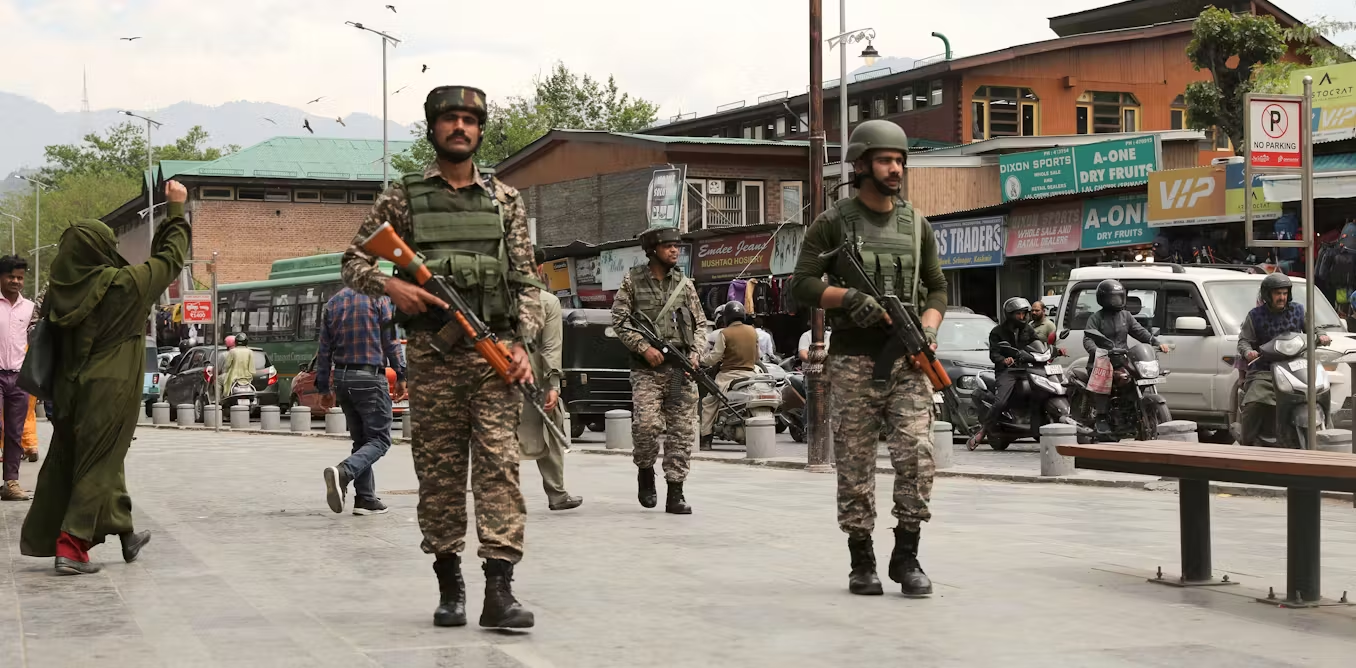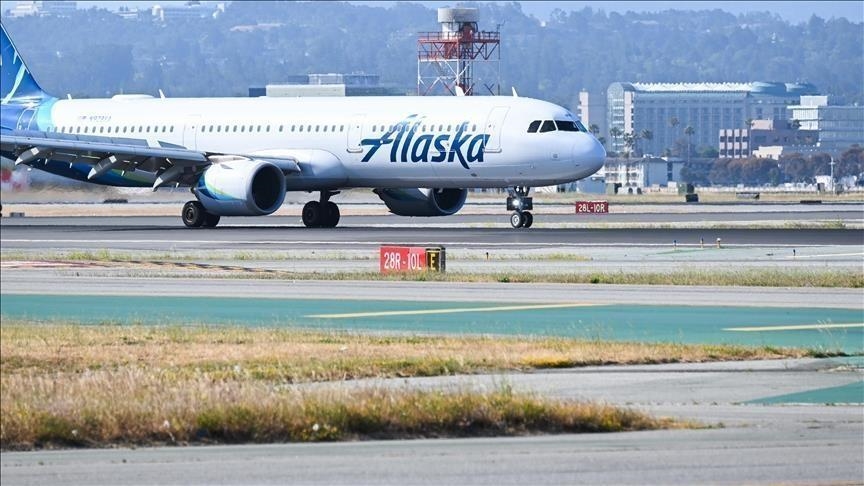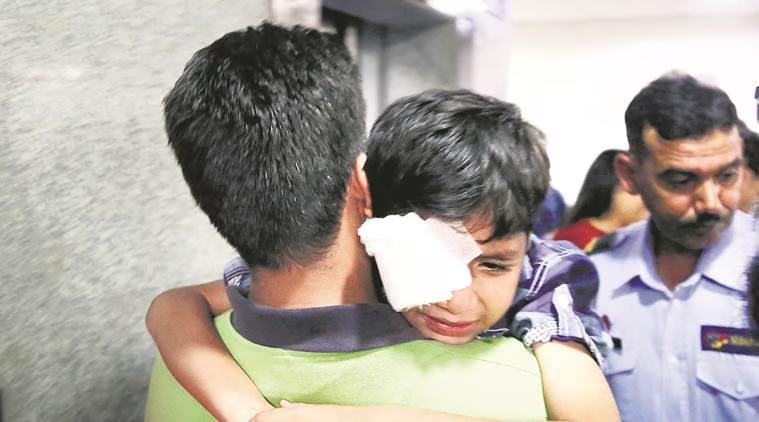Now Reading: US Labels The Resistance Front as Terror Group: Pakistan’s Response Draws Global Attention
-
01
US Labels The Resistance Front as Terror Group: Pakistan’s Response Draws Global Attention
US Labels The Resistance Front as Terror Group: Pakistan’s Response Draws Global Attention

The United States has officially designated The Resistance Front (TRF) as a global terrorist organisation, directly linking it to the deadly Pahalgam attack in Jammu and Kashmir that killed Indian soldiers. While India welcomed the move, Pakistan’s response has sparked fresh diplomatic debate, especially amid rising cross-border tensions.
What is TRF and Why It Matters
The Resistance Front is widely seen as a proxy outfit of Lashkar-e-Taiba (LeT), a Pakistan-based terror group already banned internationally. Though TRF tries to present itself as a “local” Kashmiri group, Indian intelligence agencies have long flagged its close ties with LeT handlers operating out of Pakistan.
Its role in multiple terror attacks in Jammu and Kashmir, including the recent ambush in Pahalgam, has brought it under global scrutiny. The US State Department called the group a threat to peace and stability in the region, especially given its coordination with other banned outfits.
Pakistan’s Reaction: Dismissal or Denial?
Instead of acknowledging the US’s assessment, Pakistan’s foreign office called the move “politically motivated” and aimed at targeting Pakistan unfairly. It denied any links between TRF and state-backed elements operating from its soil.
This reaction is in line with Islamabad’s typical stance on groups like LeT or Jaish-e-Mohammed, where denials follow every international action or sanction.
However, many experts believe Pakistan’s dismissive approach may backfire diplomatically, especially with the FATF (Financial Action Task Force) and global counterterrorism watchdogs keeping a close eye on its terror financing commitments.
India’s Position and What’s at Stake
India has consistently maintained that Pakistan uses proxy groups like TRF to keep the Kashmir valley unstable while avoiding direct accountability. With US backing this narrative officially, India is expected to press harder for international pressure on Pakistan, especially at multilateral forums.
For regions like Jammu, Poonch, or Anantnag, where attacks have intensified in recent years, global recognition of these terror networks could lead to stronger cooperation between India and Western intelligence agencies.
What This Means Going Forward
The designation of TRF as a terrorist organisation is not just a diplomatic win for India—it puts Pakistan’s counterterrorism claims under the spotlight. The real challenge now lies in whether the international community will hold Islamabad accountable beyond just statements.
In cities like Nagpur, Bhopal, and other Tier 2 areas where awareness about global terrorism often feels distant, this development is a reminder that international politics directly impact national security. The message is clear: proxy warfare isn’t going unnoticed anymore.

























